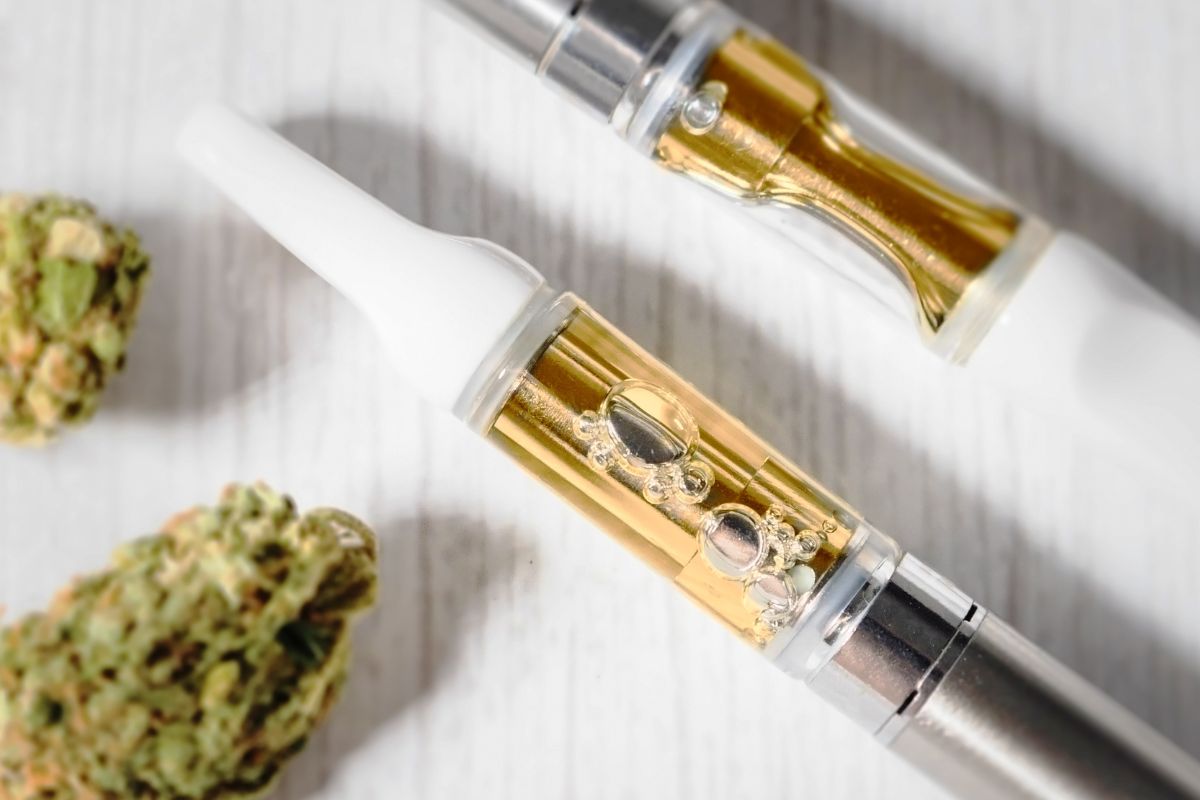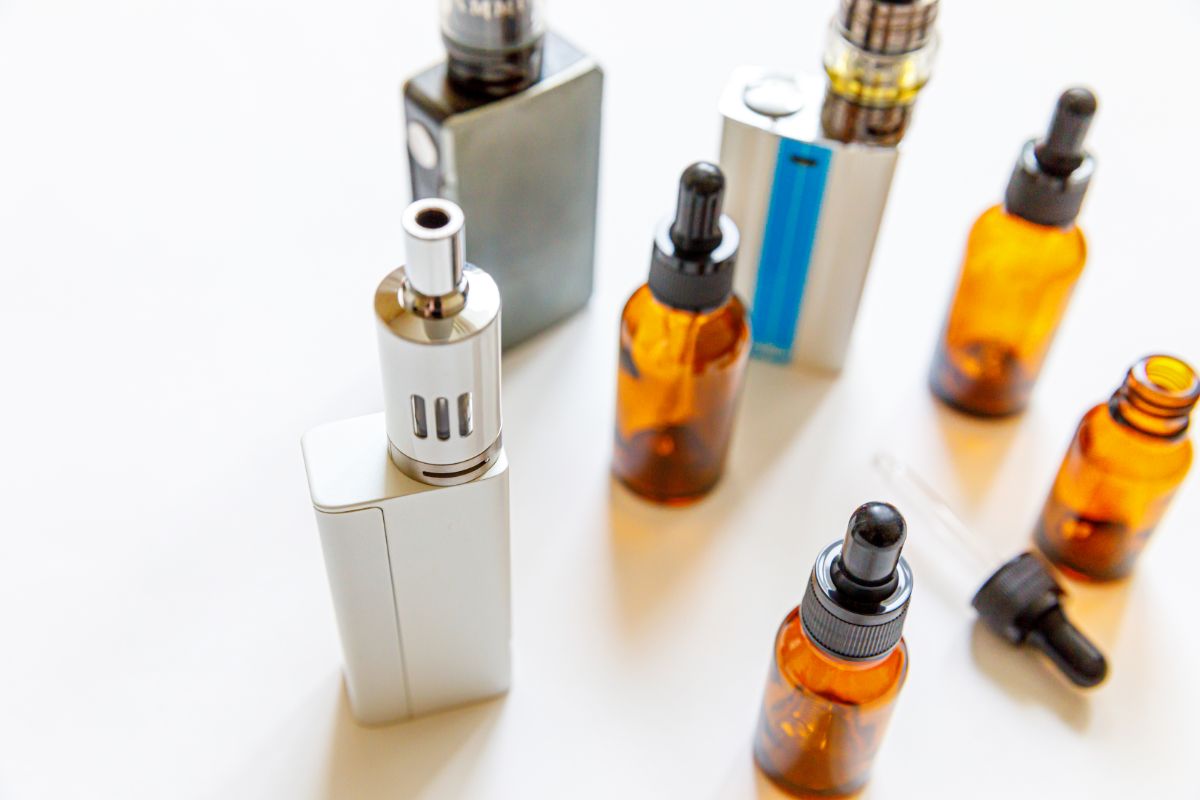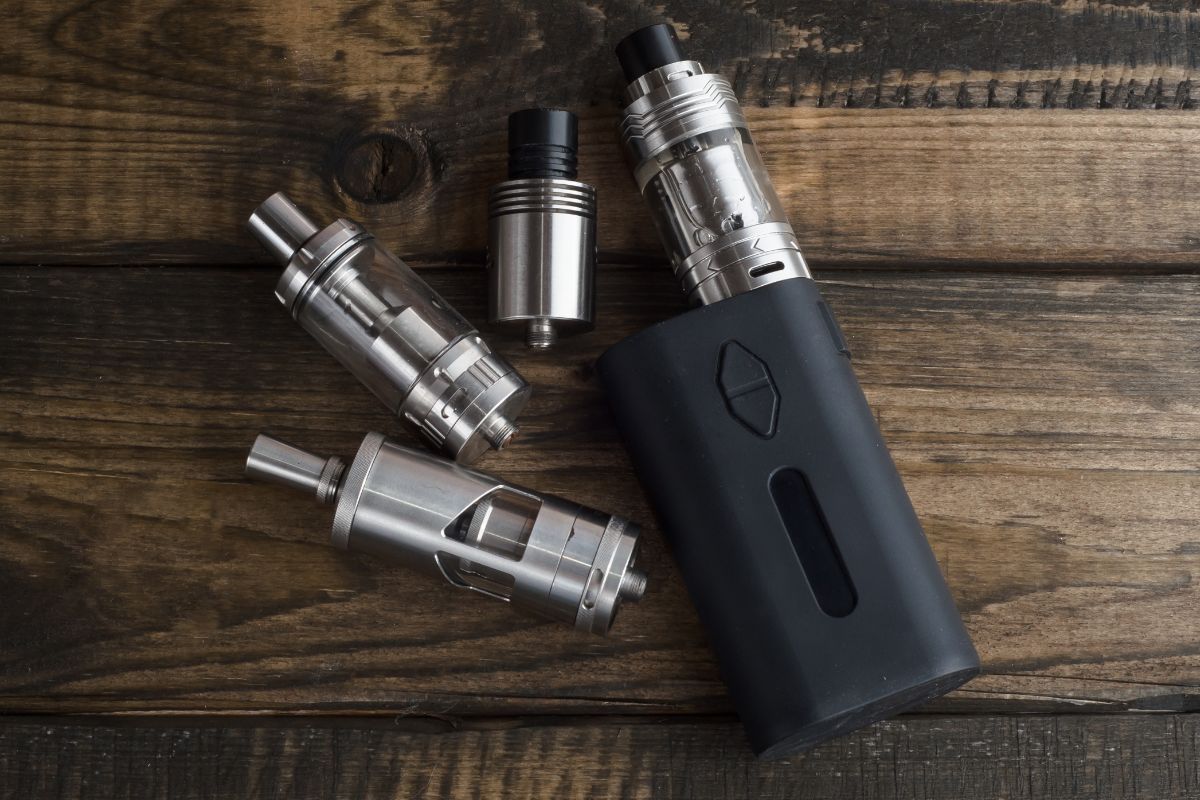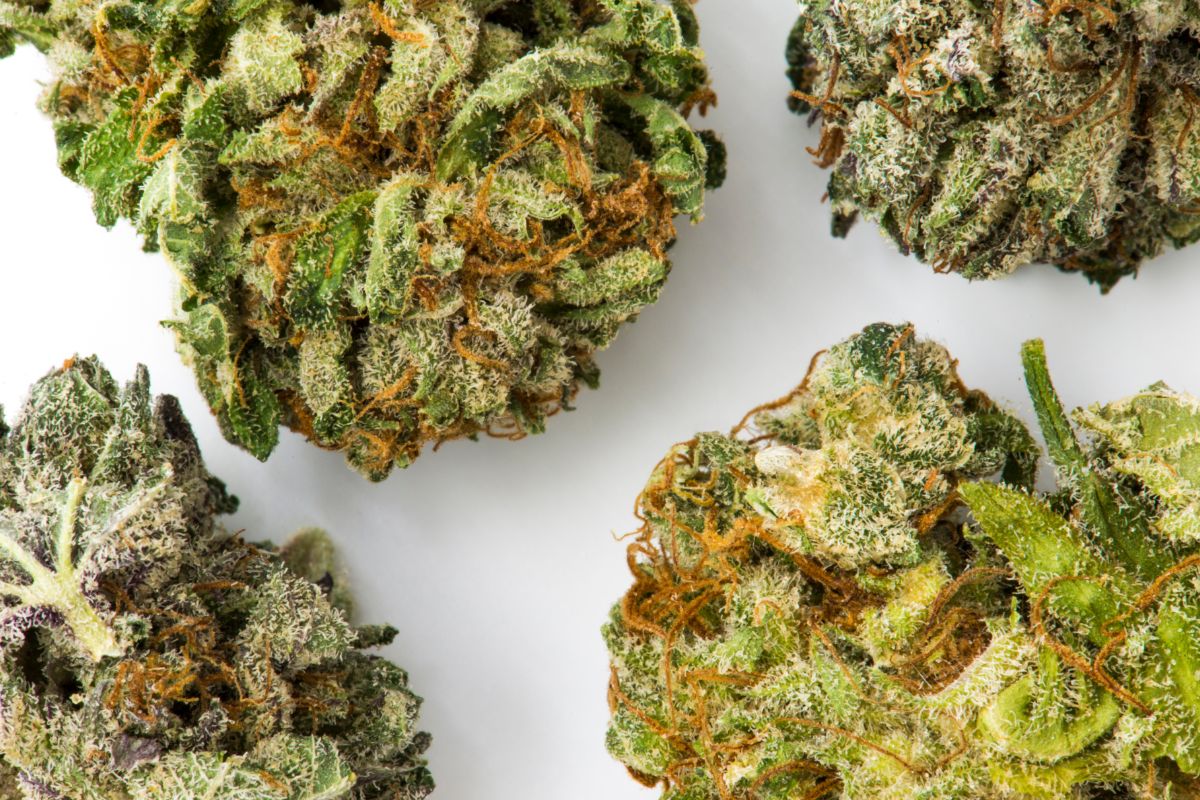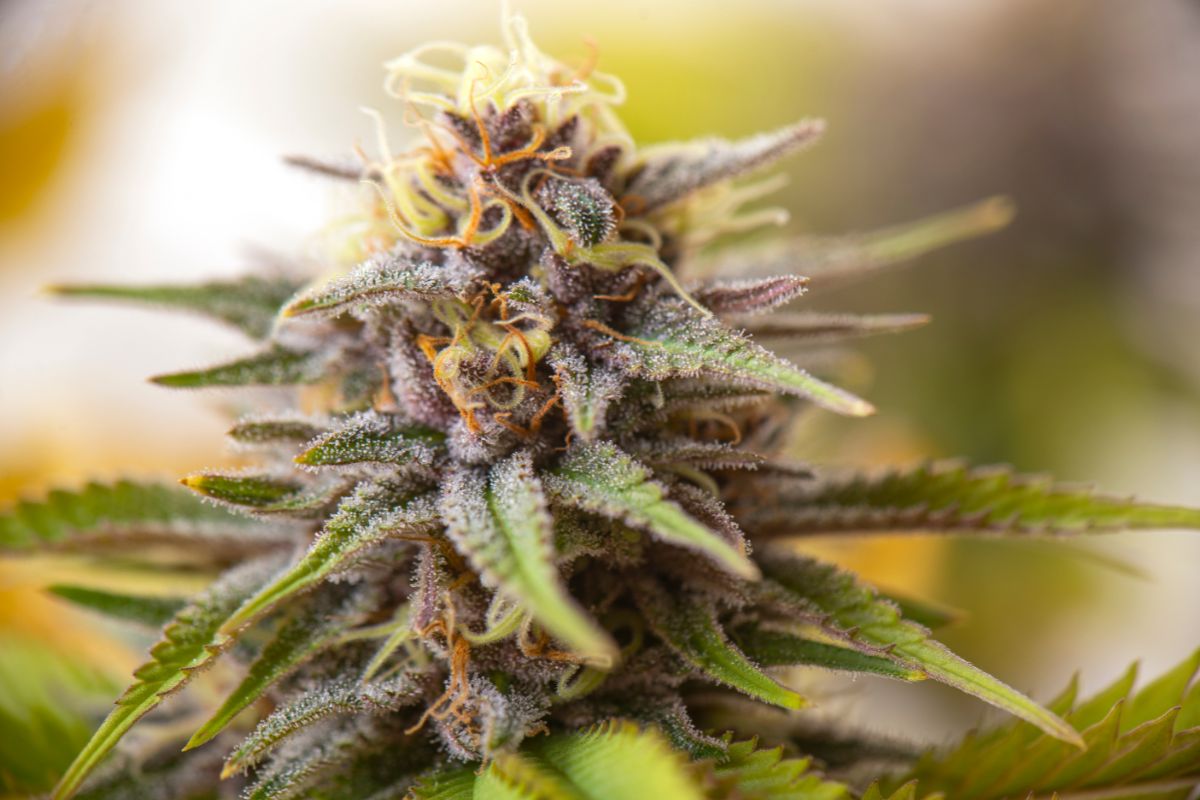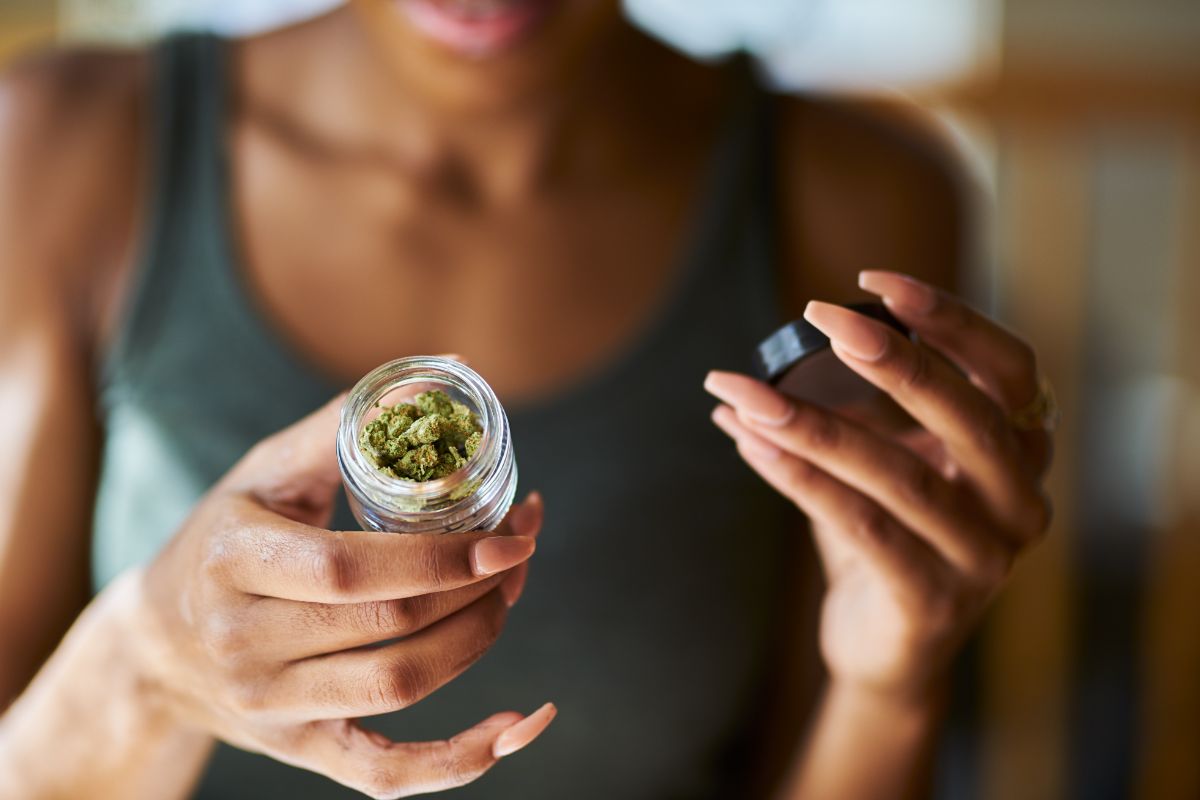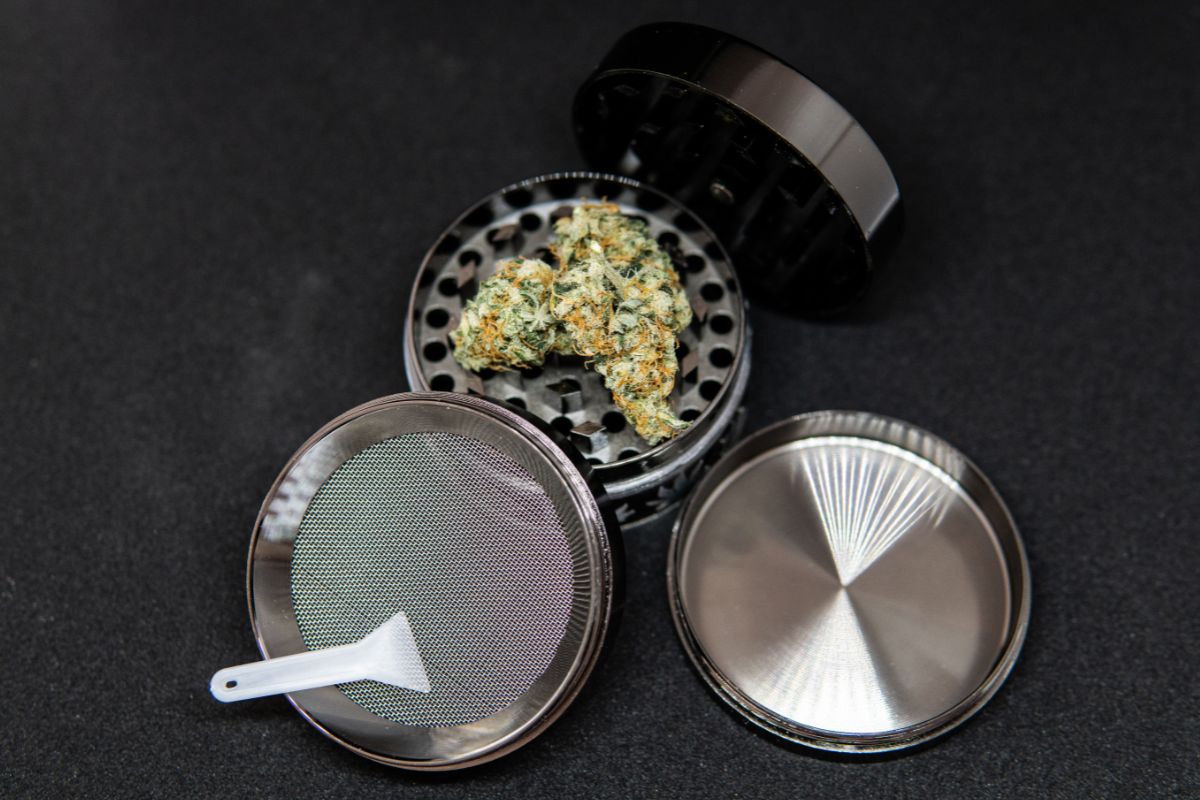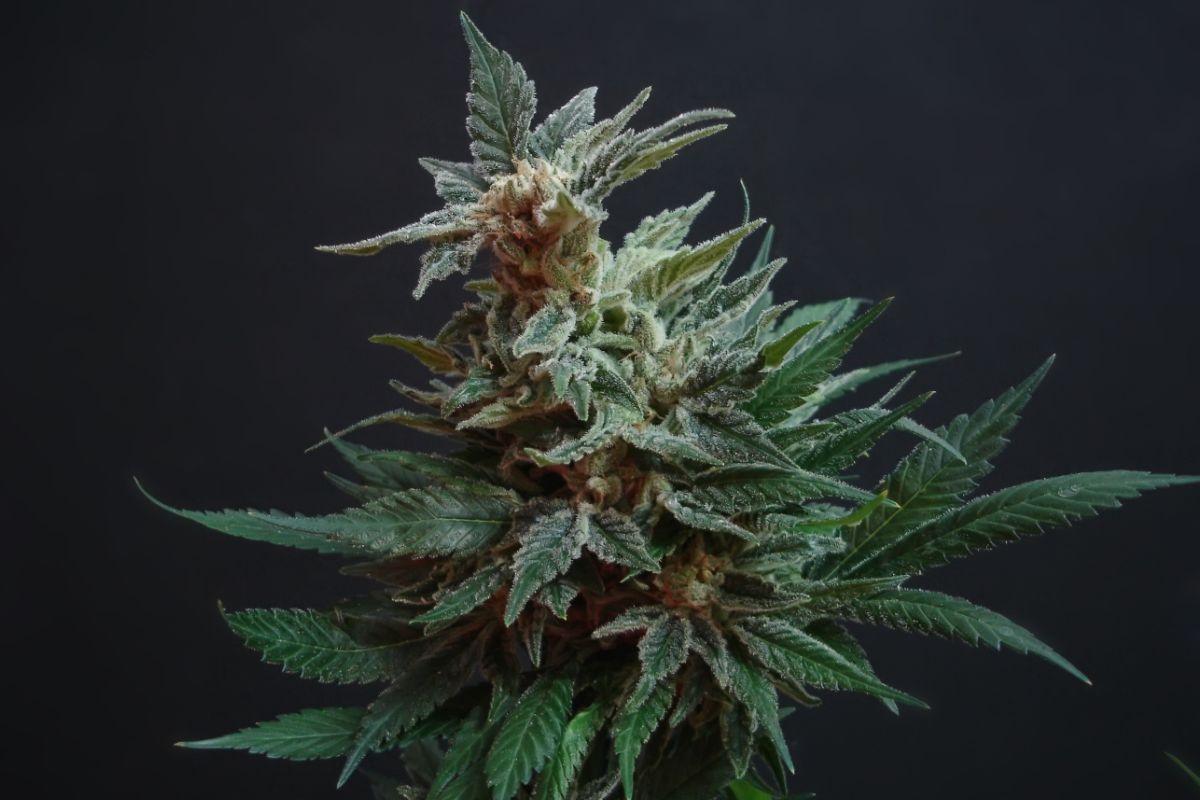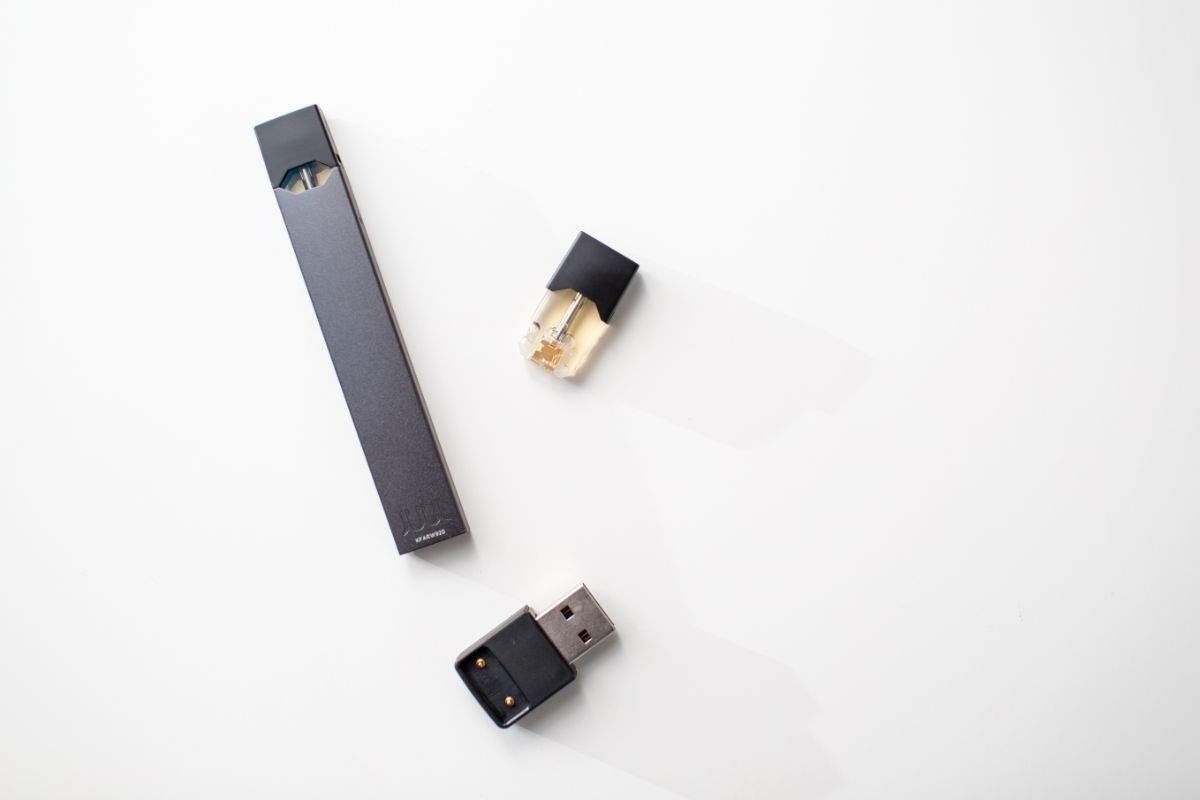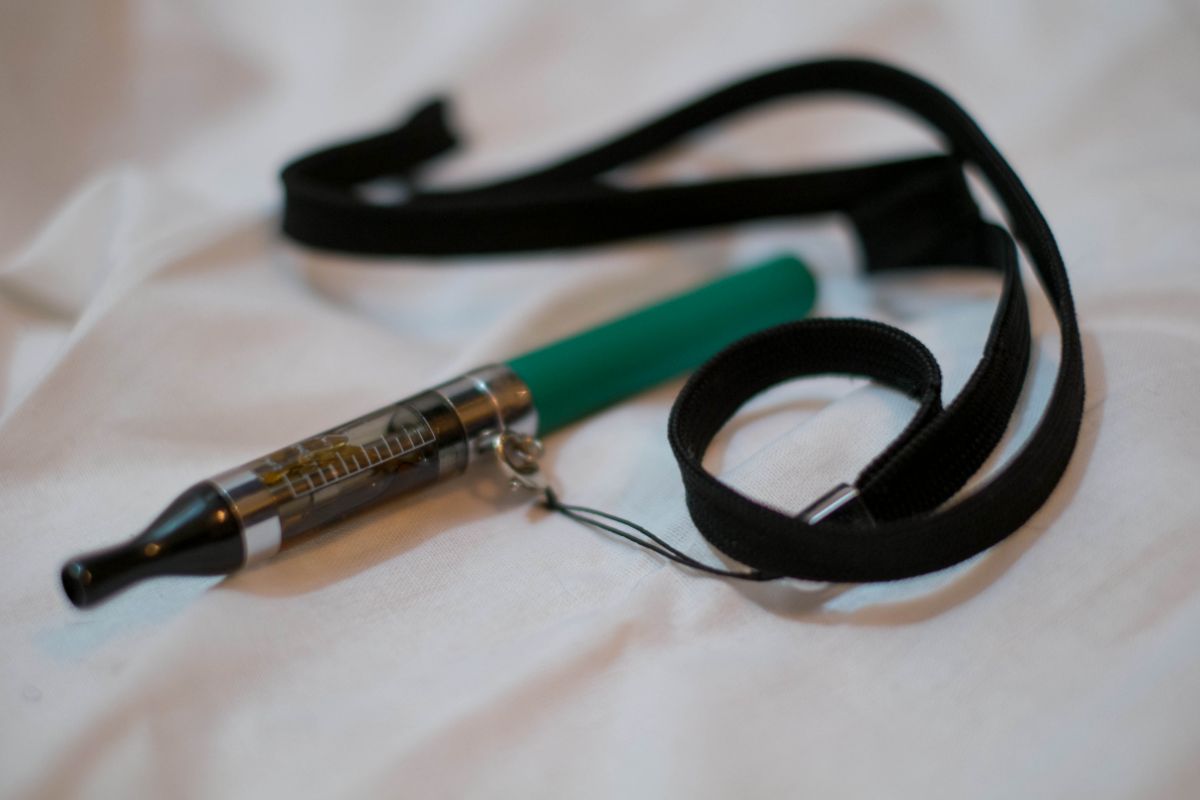While the medical benefits of marijuana are indisputable, there is still a stigma attached to its use, which is no doubt partly responsible for the skyrocketing popularity of CBD.
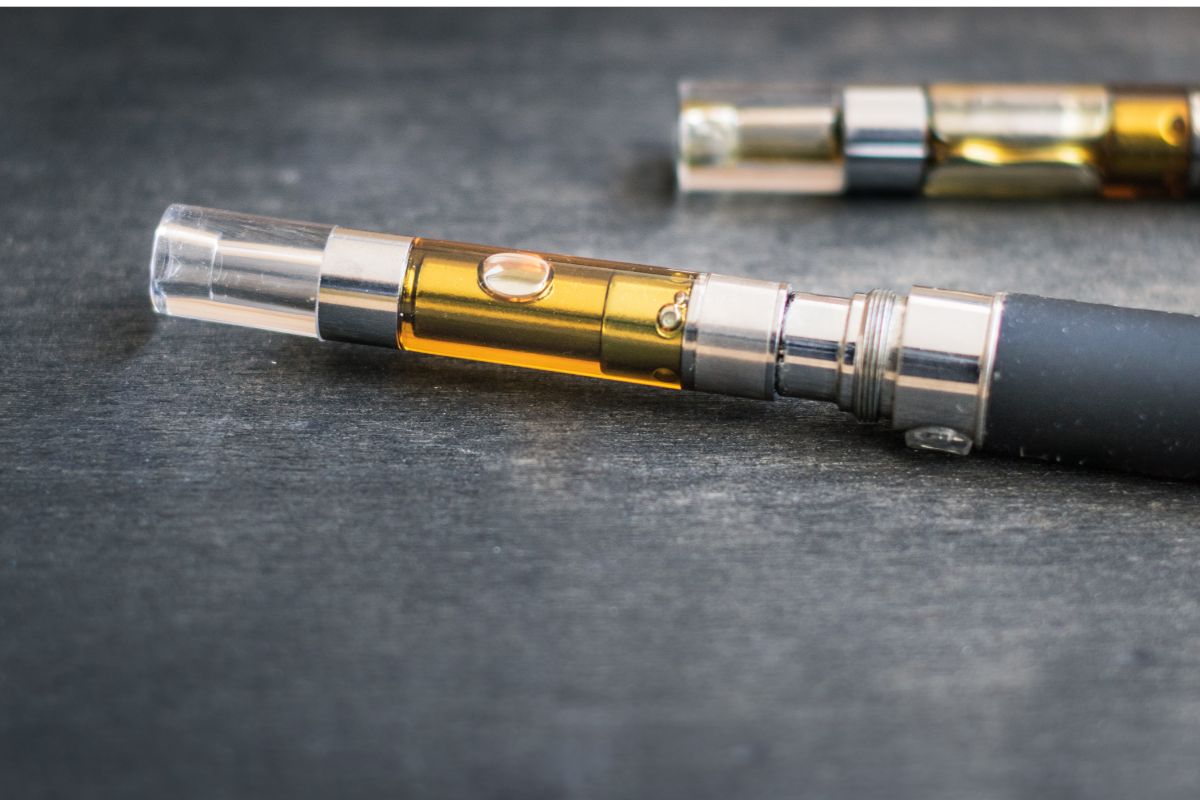
As a cannabis extract, there’s a literal and psychological disconnect between the use of CBD and the use of full-blown marijuana.
It permits access to a lot of the same medical benefits that cannabis brings to the table, sans most of the stigma and overly cautious legislation.
Why? Well, mostly because it arrives without its typical partner in crime… THC (tetrahydrocannabinol).
THC is the chemical compound responsible for that quintessential cannabis high, so without this wacky counterpart, CBD is more of a health supplement than a drug (see also “What Is The Healthiest Vape?“).
But if it doesn’t actually get you high, what exactly does it feel like to vape CBD?
Can Vaping CBD Get You High?
Let’s begin by busting a myth. A lot of people erroneously believe THC to be the only psychoactive substance in cannabis, and while it certainly is the more intoxicating chemical of the two, CBD can still impact your mental state, meaning it too is a psychoactive substance.
That said, would it be fair to say that vaping CBD gets you high? No, absolutely not. The high people associate with marijuana and, specifically, THC is nothing like the feeling you’ll get when vaping CBD.
THC can cause a completely altered mental state, drastically impacting sensory perception.
THC is the stuff that makes music sound better, food taste better, and can even warp your perception of time and space, while CBD, on the other hand, is more, shall we say… subtle.
How Does Vaping CBD Affect You?
CBD stands for cannabidiol, which is the component in cannabis that encourages relaxation and calm, but when used as an extract, completely separate from THC, the psychotropic effects are so mild that most of the time they’ll be unidentifiable in the user.
Now, considering it’s a proven anti-inflammatory, it can reduce anxiety (see also “Is Sativa Better For Anxiety Or Indica?“), it can combat insomnia, and vastly reduces chronic pain, a lot of the relaxation reported by users doesn’t even necessarily indicate that the CBD is getting them high.
Rather, a significant portion of their new mental and physical state is the product of CBD relieving their pre-existing symptoms.
Users also report feeling stresses and anxieties fading into the background after vaping CBD, which is more closely related to the substance’s direct rather than indirect effect, but this can’t be considered a high in the traditional sense.
You can almost think of it like taking standard anxiety medication or inflammatory meds — You feel the medical benefit in that you have fewer anxiety attacks or reduced swelling, but outside of that, you don’t feel all that different at all.
How Does CBD Work In Our System As Opposed To THC?
We don’t have to rely merely on the feeling of vaping CBD to understand how it differs from cannabis use, as we can observe the difference scientifically.
Inside your body is a marvelously complex system comprising endocrines, nerves, receptors, and hormones, all of which share a synergistic relationship and determine our thoughts and feelings.
Within this system at large are a number of discrete endocrine networks, one of which is the endocannabinoid system that utilizes two primary receptors: CB1 and CB2.
This system and these receptors are responsible for dictating or affecting a number of different physiological and psychological processes, such as pain, motor control, mood, and hunger (among others).
Usually, these receptors are waiting for some endogenous cannabinoids to bind with them and trigger one of the aforementioned responses, but if THC gets there first, it can mimic these cannabinoids that naturally occur in our bodies.
Once bound to the CB1 and CB2 receptors, THC gets to work producing the high feeling associated with smoking marijuana, but unlike THC, CBD has basically zero binding affinity with either of these two receptors, and so… it doesn’t.
But that’s not to say it won’t impact CB1 and CB2!
Instead, CBD makes its way through various other channels with the ultimate goal of affecting CB1 and CB2 receptors indirectly, which is part of the reason there is no distinct high when you vape CBD.
It doesn’t straight up block our natural cannabinoids from binding with CB1 and CB2 receptors, but it can trigger an uptick in production of endogenous substances to meet the physical and mental demands of our experiences.
This is why it’s such an effective pain reliever and why it can help reduce anxiety and produce feelings of calm.
CBD is not getting you high in a literal sense; it’s galvanizing your body, adapting existing processes to make you a better functioning life form.
You can think of CBD as a streamlining force in your body, an agent of adaptation that helps us cope with the rigors and wear and tear of life.
How Long Does CBD Take To Kick In?
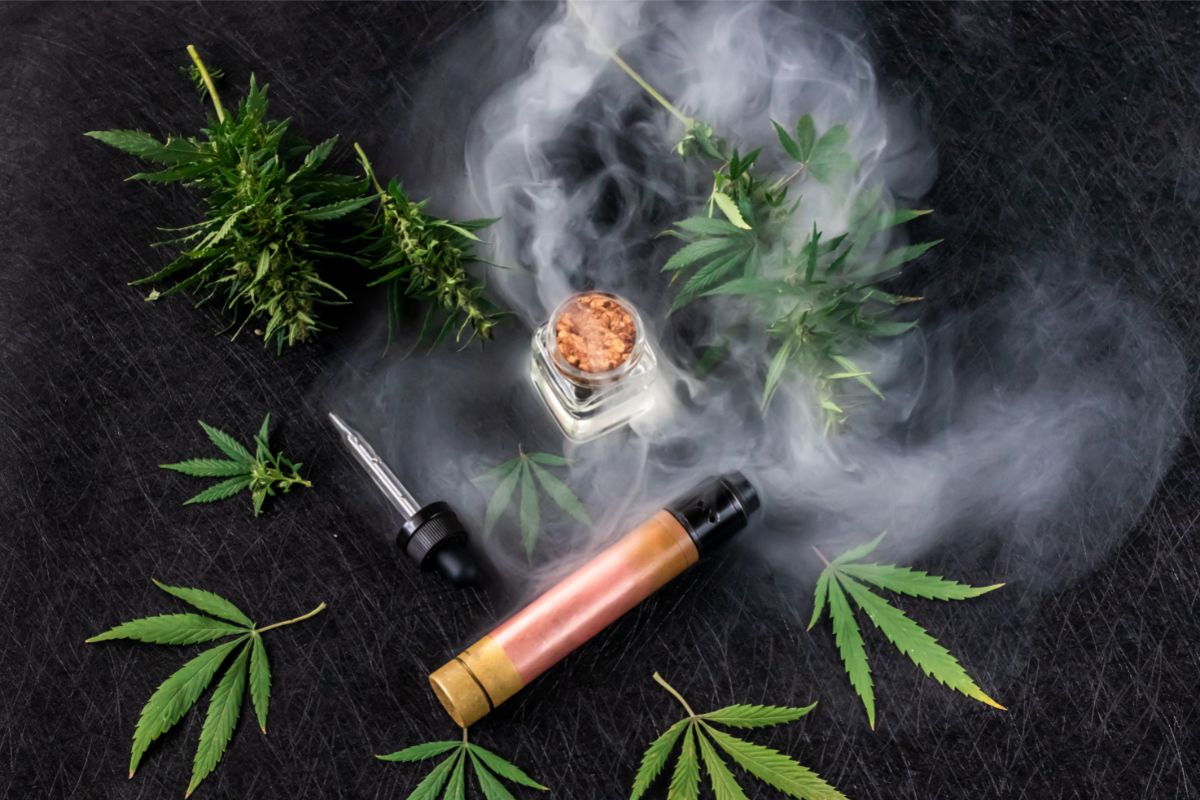
When vaping CBD, you’ll start feeling more relaxed within a few minutes, but unfortunately, the more beneficial effects of this substance aren’t quite as instantaneous.
Remember, CBD isn’t working for our natural cannabinoids as THC does; it’s training our bodies to be better all on their own, which takes time and repeated use.
Some people start noticing the true benefits of vaping CBD after only a couple of days, but it could just as well take between 2 and 4 weeks depending on how this healing substance interacts with your natural biochemistry.
Final Thoughts
Vaping CBD has a very subtle yet immediate effect on your mood, encouraging calm and relaxation, but as it has no binding affinity with CB1 or CB2 receptors, it’s incomparable to the high you’ll feel after smoking cannabis.
With sustained use over time, it will make you feel healthier in a number of ways, as its job as an adaptogen is to help your body adapt by encouraging the production of beneficial substances and, by extension, facilitating beneficial chemical reactions.
For these reasons, it’s become a popular supplement for professional athletes, helping them to stay on top of their game and stave off injury, but you needn’t be an Olympian to feel the benefits of this wonderful substance, so why not give it a try?
- Avida CBD Review - January 16, 2023
- Hybrid Strains: A Comprehensive Breakdown - January 16, 2023
- Blueberry Cookies Strain – Everything You Need To Know - January 16, 2023

